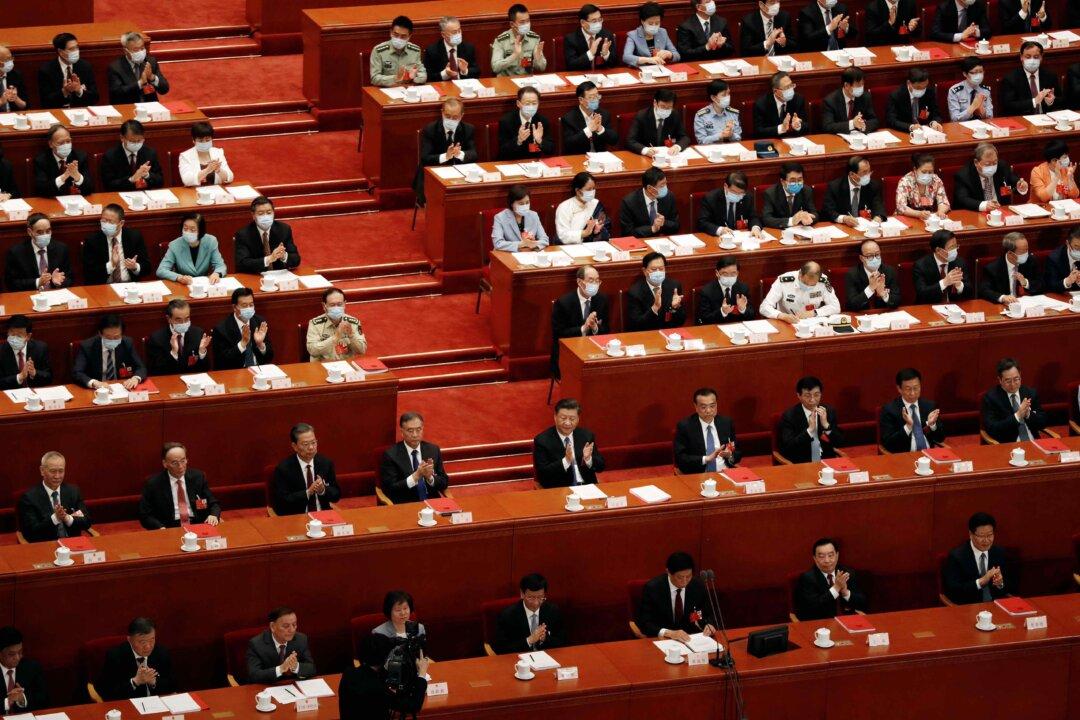An Australian student has been released after reportedly spending more than 30 hours in detention in Hong Kong amid China’s approval of a strict new national security law for the semi-autonomous city.
Kai Clark, an Asian studies major at Australian National University, posted on social media on May 29 he had been released “unconditionally” after a 33-hour detention.
“All good ... lawyers and I were challenging charges and prepared for the full 48 hours plus habeus corpus (sic). Unnecessary now,” Clark wrote on Twitter on Friday morning.
“Still under investigation and phone had been seized.
“Will get back to you all soon and am safe with family and good legal advice.”
The Canberra student said he had earlier in the week been cordoned on the streets of Hong Kong in a “dragnet”.
It remains unclear whether he was involved in any protests against Beijing’s proposed national security laws.
“Angry expat was told that to stay put and that the police ‘will see if you’re innocent’ later,” Clark posted on Twitter on May 27.
“Riot police rushed then extended red tape. Uncertain if being arrested or detained.”
He said he was later handcuffed and taken to a police station.
ABC on Thursday reported China’s government had by 2,878 to 1 voted in favour of security legislation to tackle “secession, subversion, terrorism and foreign interference” in Hong Kong.
Australia—in conjunction with the United Kingdom, the United States, and Canada—condemned the legislation’s approval.
“China’s decision to impose the new national security law on Hong Kong lies in direct conflict with its international obligations under the principles of the legally-binding, UN-registered Sino-British Joint Declaration,” the four countries said in a joint statement on Thursday.





